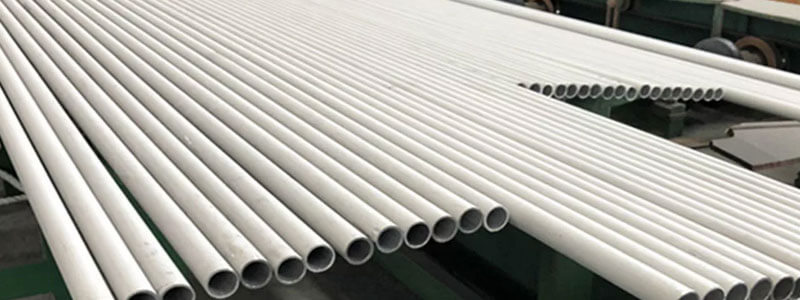
321 Stainless Steel Pipes & Tubes
What is 321 stainless steel?
321 stainless steel is a material with excellent high temperature stress rupture performance and high temperature creep resistance, and its stress and mechanical properties are better than 304 stainless steel.

1. Material
321 stainless steel belongs to Ni-Cr-Mo austenitic stainless steel, and its metal content is very similar to 304, but due to the addition of metallic titanium, it has better resistance to grain boundary corrosion and high temperature strength. Due to the addition of titanium, it effectively controls the formation of chromium carbide. Its chemical composition is:
2. Performance
The metallic titanium in the 321 stainless steel pipe can prevent the pipe fittings from intergranular corrosion. It also has high temperature stress breaking performance and high temperature creep resistance; that is, it is not easy to oxidize and corrode under high temperature conditions such as flue gas and water vapor. , Abrasion, or brittleness or rupture caused by changes in the material structure.
It also has good stress mechanical properties, which can resist the stress caused by stretching, bending and impact, and has good plasticity, toughness, rigidity, elasticity and fatigue resistance; it can withstand higher stress without large strain. , It can resist impact load without being damaged, and resist permanent deformation or break easily under static load.
3. Purpose
The application of 321 precision stainless steel tube is still inseparable from its superior performance, mainly in chemical heating furnaces, boiler pressure vessels, combustion furnaces, diesel machines, and drying equipment that have extremely high requirements against grain boundary corrosion. Mainly work in a high temperature environment or in the open air environment.
After the grain boundary corrosion occurs, the surface of the metal still maintains a certain metallic luster, and there is no sign of damage to the naked eye, but the bonding force between the grains is significantly weakened, the mechanical properties are deteriorated, and it cannot withstand impact, so it is a very dangerous corrosion. The above devices are all high-risk devices. Once the accessories in the device cannot resist this corrosion, accidents are prone to occur.
Does 321 stainless steel rust?
321 austenitic stainless steel has good corrosion resistance in the atmosphere and is widely used in petrochemical, electric power, bridge and automobile industries. However, the "not rusting" of stainless steel is not absolute. Due to the special service environment, stainless steel will also corrode. Factors such as medium concentration, pH value, and temperature will have a greater impact on the corrosion resistance of stainless steel.
For example, if used for a long time within the sensitization temperature range of 450~850℃, stainless steel will undergo intergranular corrosion. The mechanism is that C combines with Cr at the grain boundary to form Cr23C6 and precipitate, which reduces the Cr content at the grain boundary. This is the so-called "chromium depletion". The Cr element is one of the main elements that inhibit intergranular corrosion. When the Cr content at the grain boundary is less than 12%, the probability of intergranular corrosion will increase.


